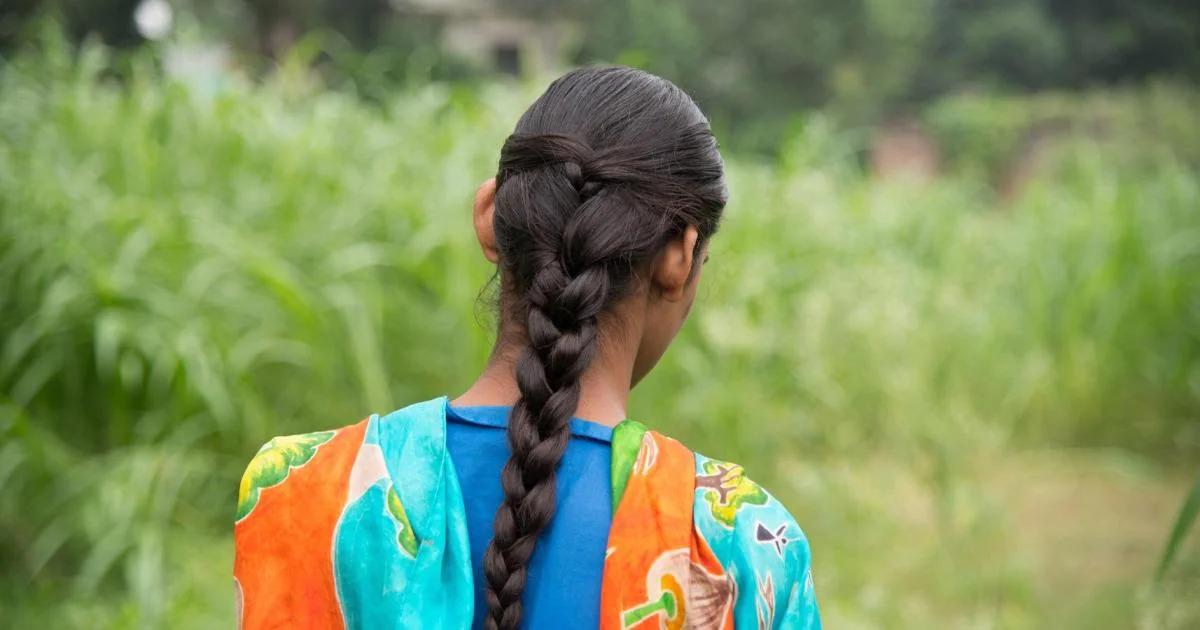New Delhi: Girls in Karnataka’s Koppal district (Koppal and Yelburga) long for education and fundamental rights. Due to inadequate connections to educational institutions and gender discrimination within families, the belief in empowerment is still far away. Negative gender norms encourage child trafficking, suicide, early marriage, ill health, and illiteracy. Expressing distress to The Sunday Guardian, Shivamma Hanumappa Bonmal (name changed), aged 15 years, Venkatpura village, Koppal block, Koppal district, said, “The school from the village is around 11 km away and sometimes due to rush in the bus, I am not able to reach school on time and have to wait for the next bus to reach school. Both, teacher and her father, scold.” There are times when her father forces her to be absent from school to attend agricultural work/ household chores.
Similarly, several complaints of trafficking are also not filed as many families believe that their daughters may have eloped with their lovers. There are many suspected cases of trafficking under the names of elopement and marriages. In several cases, parents are also suspected to play a significant role in the trafficking of their daughters. There have been cases of girls leaving villages and never coming back, one each from Kolur and Lachankeri, Karnataka.
Similarly, cases of suicide are also common amongst girls that are always left unanswered due to negative gender norms. The Sunday Guardian has learned of one case where a girl named Anjana, who was studying in 10th grade, was engaged. She was a resident of Wanaballary village. Anjana had a phone conversation with her future husband-to-be nine days prior to their engagement; she then killed herself by dousing herself in kerosene and setting herself on fire. In 2019, Basamma, from the village of Basapur, ran away with a boy. She had just finished the 10th grade at the time. The parents lodged a complaint and both of them were separated when they got back to the village; the boy was imprisoned for seven years under POCSO Act and the girl was taken to the village of her aunt, Agalkera. The girl committed suicide a short while later. Last year in April, Pavithra, a Hitnal resident, consumed poison and ended her life. She used to live in a small hut with a makeshift bathroom that is used for bathing purposes. She used to love a boy but her parents didn’t want her to marry him. She was photographed while she was taking a bath, and the boy threatened to send the pictures to her lover. Some of her friends claim that the cause of her death was the blackmailing activity that took place just two days prior to her death. Such incidents have promoted negative views and gender discrimination, to fight back against such injustice Minister for Social Welfare and Backward Classes Kota Srinivasa Poojary stated that the state government set aside 18 crore rupees to train girl students in self-defence as part of the Obavva Art of Self-Defense Training Program. Several other organisation such as Karnataka Health Promotion Trust (KHPT) has taken many steps such as the Sphoorthi initiative. The initiative aims to empower girls through life skills education and build a supportive environment around them by working with parents and improving parent-daughter relations.
The program started by establishing 640 role model girls who worked with 3600 peer girls in their community (across 51 villages of Koppal block). Today, many parents also participate in the program and try to enhance the confidence level of their daughters.
The initiative also holds discussions and debates at the local level to bring up issues and comprehend the behaviors of the girls who exhibit leadership skills and are outspoken about themselves. Through this conversation, KHPT identifies the female role model who can assist and bring changes to the community.
Speaking about the decision-making responsibilities, Suma Hiremath, 17 years, Hosakanakpur village, Koppal block, Koppal district, associated with the Sphoorthi initiative told The Sunday Guardian, “In my family, I am the eldest so whatever I learned in Sphoorthi, I discussed it with my parents and as a result her parents understood. After learning to drive, I take my mother to work. Earlier she was completely dependent and now she can take the responsibilities and the financial decisions for the family too.”
‘Girls face social injustice in Karnataka’s Koppal’
- Advertisement -

